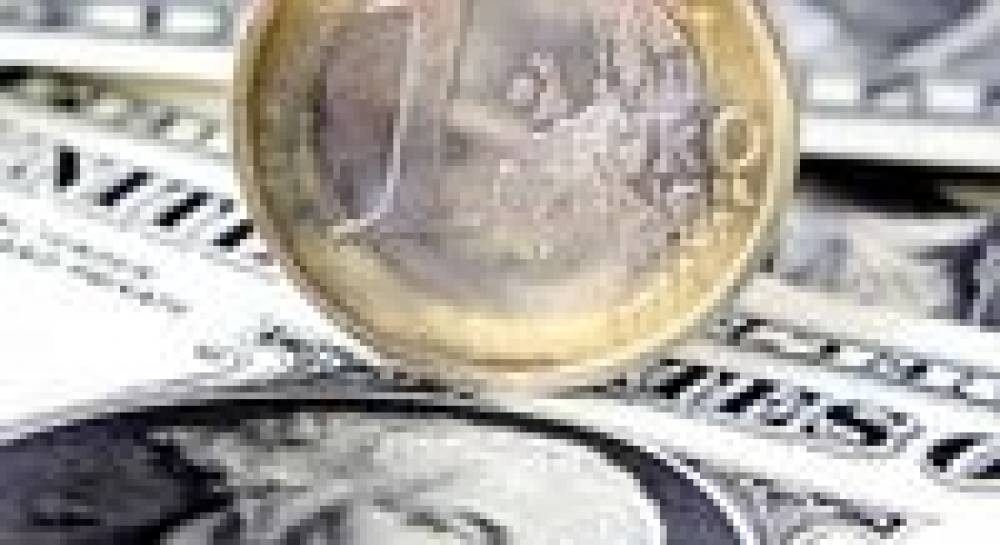
Ukraine: currency slide stalls foreign investment
One of the most critical challenges the authorities face is the severe devaluation of the hryvnia, which has fallen to all-time lows against major foreign currencies in the last two months...
Sporadic, counter-productive market interventions could reignite liquidity problems.
Newly elected parliamentary Speaker Volodymyr Lytvyn announced yesterday that Prime Minister Yulia Tymoshenko and President Viktor Yushchenko would reform their fractious governing coalition. Lytvyn`s selection as speaker will help break Ukraine`s legislative deadlock, but it remains uncertain whether Yushchenko and Tymoshenko can cobble together a functioning government.
One of the most critical challenges the authorities face is the severe devaluation of the hryvnia, which has fallen to all-time lows against major foreign currencies in the last two months. Furthermore, Ukraine`s domestic currency markets are now experiencing the worst deficit of foreign currency since the regional financial crisis of the late 1990s.
Questionable Policies?
Given the extent of the ongoing currency devaluation, it is hardly surprising that the wisdom of the central bank`s policies has been widely questioned.
--Sporadic market interventions. Rising devaluation pressures have prompted the National Bank of Ukraine to resume its active presence on the wholesale currency market. Earlier in the year--and especially in the aftermath of the most recent one-off currency revaluation in May--the bank clearly preferred to keep its presence at the minimum needed to ensure nominal currency stability. However, in the ensuing crisis, the NBU took its time in responding to the changing currency situation; it was not until early October that the first large-scale interventions were actually conducted.
Even then, such interventions proved surprisingly sporadic, and were only able to temporarily slow, not prevent, the devaluation. Moreover, after having spent as much as $6.6 billion in foreign reserves in October to support the hryvnia, the NBU sharply scaled back its spending in November to around 2.2 billion dollars.
Apart from obvious concern over the rapid depletion of foreign reserves, the drawdown apparently reflected the bank`s belief that it could still retreat to the very last "line of defense" for the currency. NBU chief adviser Valery Litvitski has suggested that it will now defend the current trading rate with all the resources at its disposal.
--Counter-productive refinancing. The NBU has also had to increase its financial aid to domestic commercial banks, many--if not all--of which have been suffering from the financial crisis. In November, the NBU provided just over 35 billion hryvnia in loans to commercial banks, up from approximately 30 billion in the previous month. By comparison, the cumulative volume of refinancing in the first nine months of 2008 amounted to 63 billion hryvnia.
However, the NBU has either failed or neglected to properly control recipient banks` use of such resources. As a result, rather than being subsequently lent to the real economy, most of the hryvnia-denominated resources obtained in the last three months have found their way to the currency market, only exacerbating devaluation pressures. It is mainly for this reason that Yushchenko has recently chosen to publicly criticize the NBU`s overall handling of the raging currency crisis.
Outlook Although the latest trading week saw the market rate essentially stalling at a ceiling of 7.5 hryvnia per dollar, this may well be a temporary point in the hryvnia`s downward slide. Decreasing foreign investment inflows, compressed external borrowing and falling export revenue mean any firm stabilization of the currency will come slowly.
Furthermore, additional short-term factors threaten to delay the stabilization--of particular concern is state holding company Naftohaz`s planned foreign currency purchases to repay debt owed for Russian gas.
In any case, the NBU is likely to face difficulties in fulfilling its freshly declared task of preserving the hryvnia. In terms of possible market interventions, the regulator is constrained by the International Monetary Fund`s requirement that it hold no less than $26.7 billion in net foreign reserves by the end of 2008--a condition attached to the $16.4 billion loan Ukraine recently received.
As of December, gross reserves stood at $32.7 billion. Should the NBU be forced to focus on reducing foreign currency demand by purely monetary methods, restrictions will almost certainly reignite liquidity problems. This could exacerbate the real economy`s deterioration.
OxfordAnalytica is an independent strategic-consulting firm drawing on a network of more than 1,000 scholar experts at Oxford and other leading universities and research institutions around the world.

